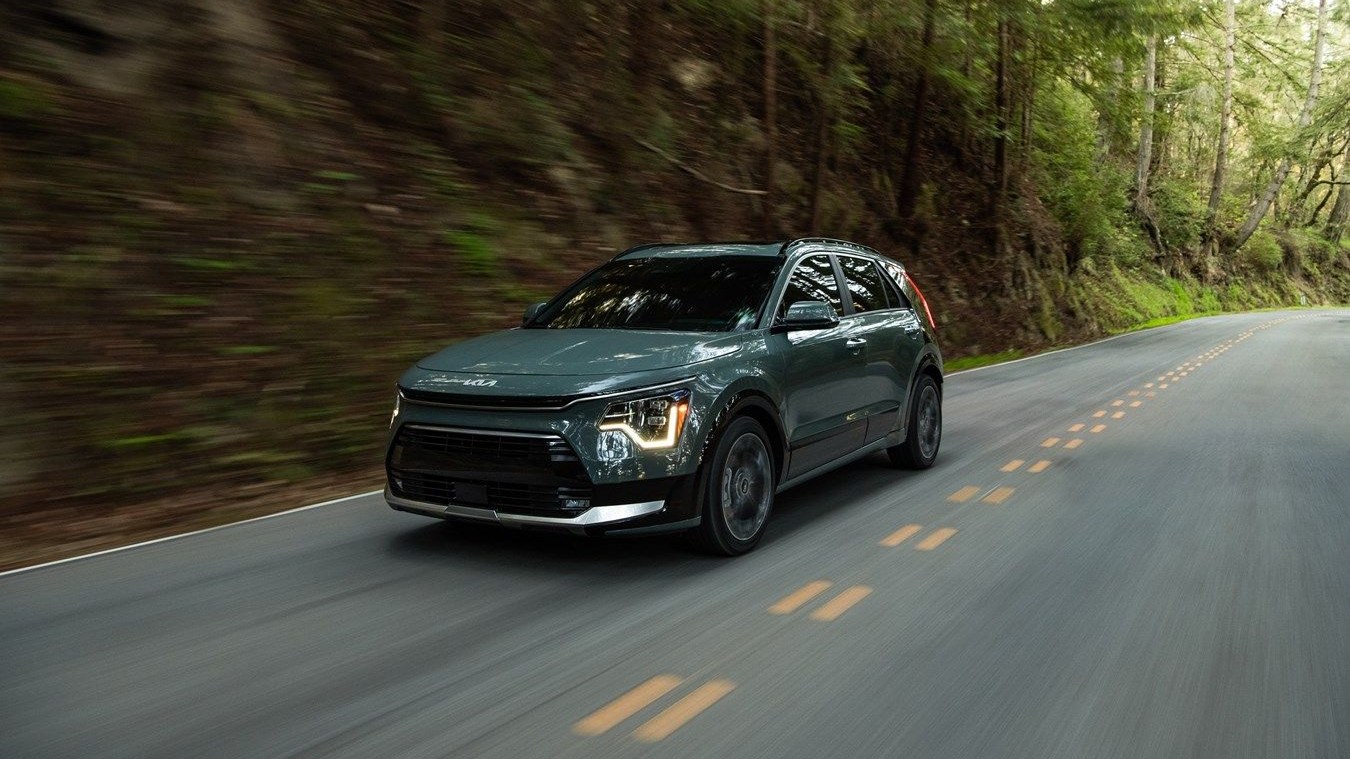"We're not saying that nobody can have a car," said Jack Short, secretary general of the International Transport Forum, a constituent of the consortium. "This is a building-block towards making the transport sector part of the solution towards a low-carbon economy."
In addition to helping the planet by cutting back emissions, the group points out that reducing emissions by 50% would save up to 6 billion barrels of oil annually, equating to a global savings of $300 billion annually by 2025 and twice that by 2050.
Oil isn't the only target of the group, however, with coal-fired electricity making even electric vehicles a poor solution to vehicular emissions. "We have first to de-carbonize the power sector and then use new technologies that make a genuine difference," Achim Steiner, executive directory of the UN Environment Program, told The Guardian. "We need a de-coupling of the growth of traffic from emissions."
Like many UN and consortium initiatives, however, the '50 by 50' plan is heavy on goals and short on means to get there. Even the remarkably efficient hybrid cars of today, like the 2010 Toyota Prius (pictured) are chastised by the consortium's members as needlessly expensive and too reliant on combustion engine technology, rather than moving directly to electric-only technology.
With both hybrids and electrics out as solutions to the problem, however, it's not clear what is supposed to be done, or how the world is supposed to do it.


